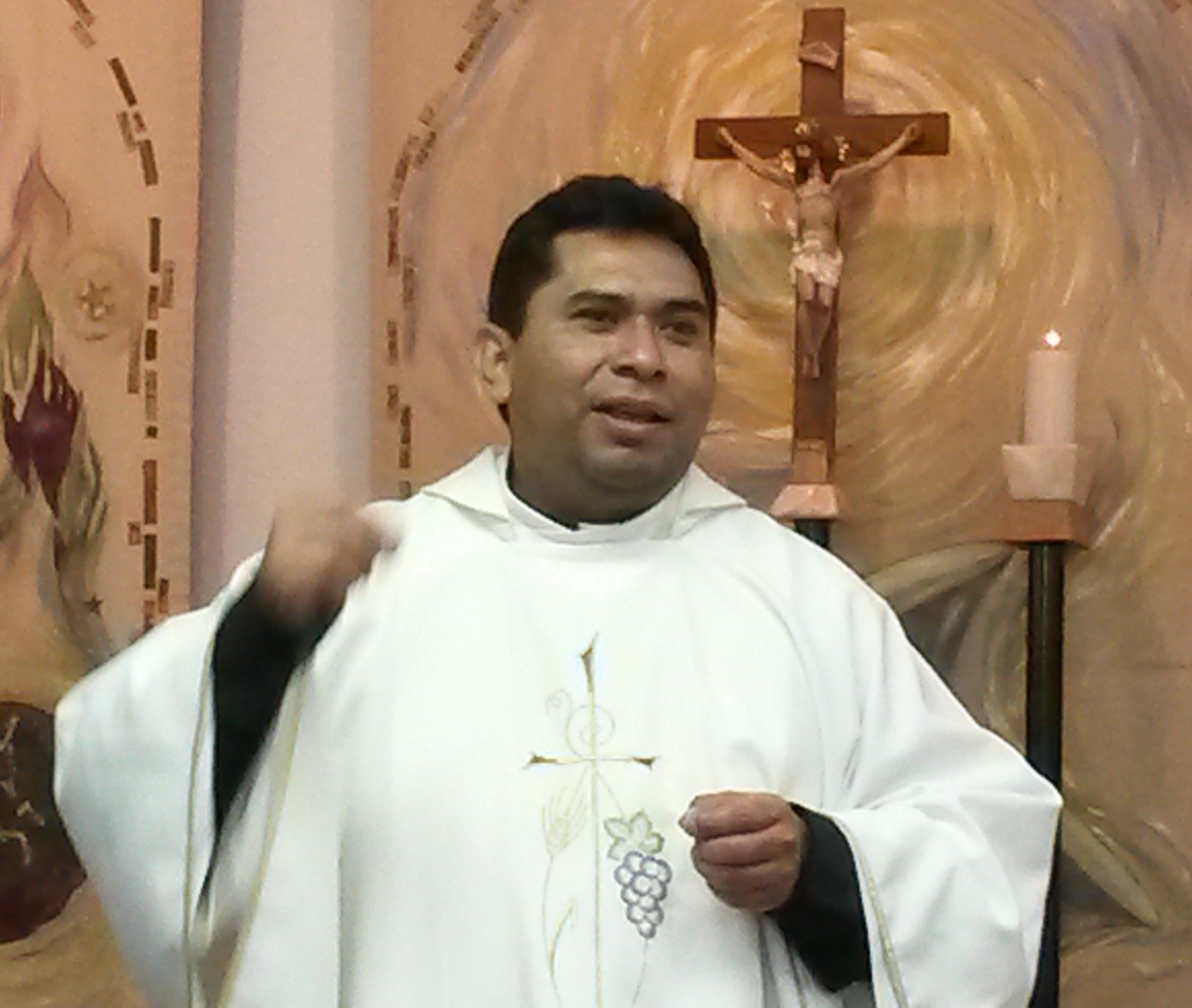 I SUNDAY OF LENT
I SUNDAY OF LENT
WITH GOD I CAN DO ALL THINGS
By our Pastor, Fr. Carmelo Jiménez
Last Wednesday, when we received the ashes on our foreheads, we began the Lenten season and many of us heard the phrase: “Remember you are dust, and to dust you shall return.” And the first reading today tells us: “The LORD God formed man out of the clay of the ground and blew into his nostrils the breath of life, and so man became a living being.” (Gen 2: 7) The author of Genesis wants to describe man in such a way that we can see the finite: the matter or the dust of the earth, and the infinite: the breath of life that God puts in the human being.
“Then the LORD God planted a garden in Eden, in the east, and placed there the man whom he had formed. Out of the ground the LORD God made various trees grow that were delightful to look at and good for food, with the tree of life in the middle of the garden and the tree of the knowledge of good and evil.” (Gen 2: 8- 9) The man and woman are the image of God, they must act according to that image, reflecting the way God acts. God has made everything as a gift for humanity. Man is a gift for woman and woman for man, equal in dignity. The gift is a sign that expresses the goodwill and love of its maker. They are made for communion. The great thing about the gift is that it is a free decision of the one who gave himself. It is an expression of the interiority of God Himself. God in his being love, is compelled to create, and all creation becomes gift for his favorite creature, for man and woman.
“But the serpent said to the woman: ‘You certainly will not die! No, God knows well that the moment you eat of it your eyes will be opened and you will be like gods who know what is good and what is evil.'” (Gen 3: 4-5) To eat the fruit of the tree of good and evil is a way of living without limits, where nothing limits us. Absolute autonomy includes the rejection of God, and living in His image and likeness. Evil is enchanting, although it soon leaves behind anguish and desolation. However, often human beings are not happy with the life they received or with the likeness offered, so they stop being who they are to try to become someone they are not.
“In conclusion, just as through one transgression condemnation came upon all, so, through one righteous act, acquittal and life came to all” (Rom. 5: 18). In Christ, nothing is lost. Because we have the firm promise of grace, guaranteed by Jesus’s life. He gave himself in the name of God the Creator, to conquer the situation of original sin that we all find ourselves in at birth.
Each evangelist, in their respective liturgical year, offers us his version of Jesus’ temptation, like Adam and Eve in paradise. Temptations that the people of Israel had in the desert: hunger and the answer was the Manna, thirst and the answer was the waters of Massah, and the adoration of the golden calf. In Jesus’ temptations, we should also see Jesus as a man, as a person, just like us, who overcomes them with his own human choices, by putting himself in the hands of God. Jesus’ rejection of all that was offered to him is not a humiliating victory; it was the only way he could truly remain united to God and all men. Jesus, the Son of God, while in the radical role of the incarnation, does not even dream of being God or having his power. But humanity does try to be God, emperors or not, they have wanted to be worshiped; but the truth is that they never became gods, they were still men and they were alone forever.
Let us reflect on the meaning of the divine sonship, which does not eliminate anything from the human condition. Man lives not only by bread, because it is God who infuses life into each person and we live for Him and in Him. Let us ask God to give us the strength necessary to reject sin and live the plan of life He had when He made us. Amen.